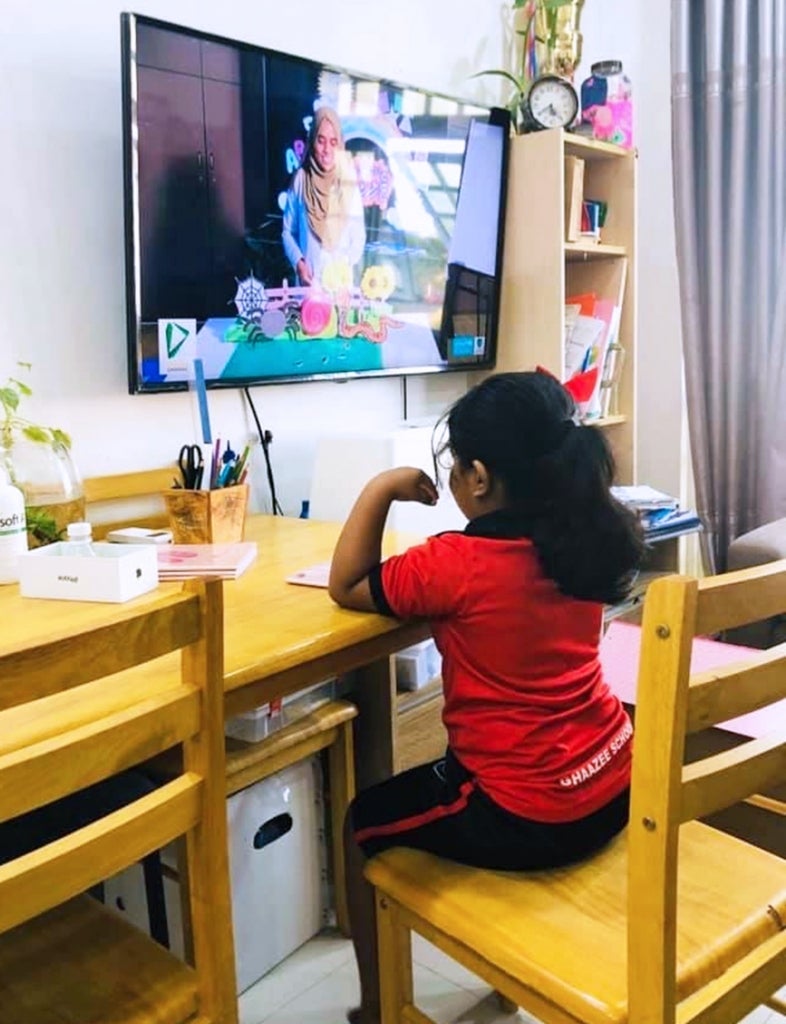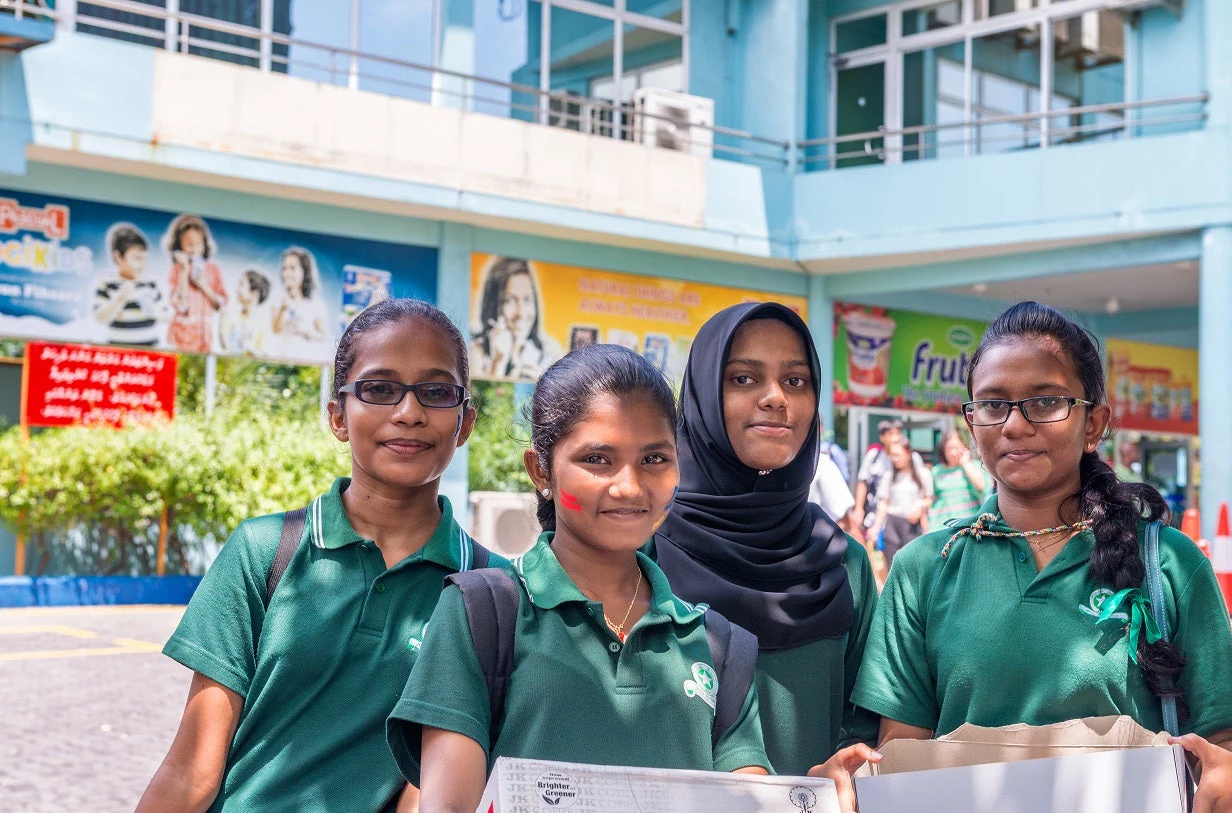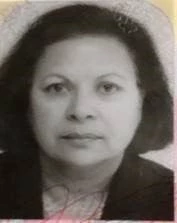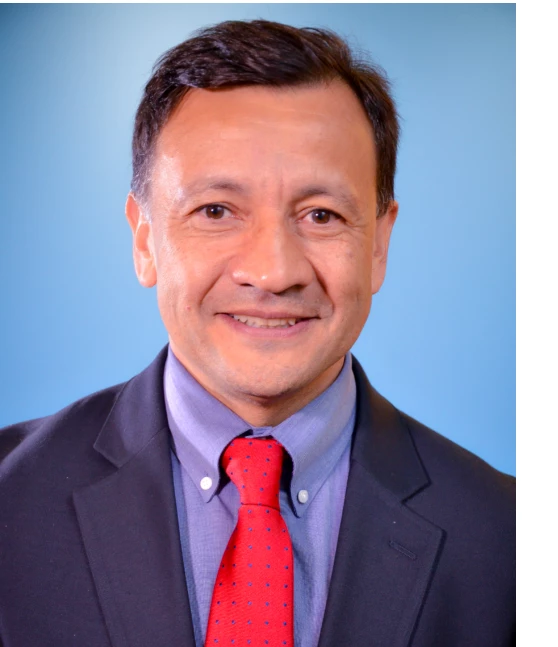"I’m sad that I can’t physically meet my students every day,” says Widal Jaleeel, a science teacher in Male. “But we’re not disconnected. I meet them twice a week through Google Classroom, and it’s always fun. We tell jokes, catch up on life, and of course, talk a lot about science.”
Widal is one of many teachers in Maldives who are working hard to keep their students motivated and engaged through remote teaching.
To ensure all children across the country continue learning, Maldives has prepared an education response plan for COVID-19 with support from the Global Partnership for Education , a multilateral institution hosted by the World Bank. The document outlines a set of actions to help minimize learning loss, address the adverse impacts of the pandemic on education, and prepare for the safe reopening of schools.
Since March, more than 91,000 Maldivian students from pre-kindergarten to higher secondary have not been able to go to school.

Before the coronavirus hit, Maldives had already stepped up online education. Every student at government schools in the country received a tablet from the Ministry of Education in 2018—more than 80 percent of students have tablets at home. By embracing digital technologies early on, the country had learned valuable lessons to address the disruptions COVID-19 wreaked on its education system.
For example, the Ministry is partnering with three national television stations to develop educational programming. The public service broadcasting channel YesTV has launched classes for students from grades 10 and 11 to help them prepare for upcoming examinations. Discussion boards, hosted on social media platforms, have reached nearly 50 percent of all students across Maldives.
While rising COVID-19 infection rates have made it riskier for teachers to reach TV stations to record education programs, TV classes are set to resume, said Shuhuda Rizwan, Education Development Officer Coordinator at the National Institute of Education.
Internet service providers have also agreed to provide 5GB of free data to every student. Ahmed Shuraim Shamy, a student in the Jamaluddin School in the capital city, Male, has been amazed by the teleclasses, or telekilaas she watched online. "[It’s] so easy when the best available teachers explain as they are very informative. And I feel less distracted with noisy students."
The government online education platform, Filaa, is a resource repository that includes digital textbooks. Google Classroom and other G-suite education apps allow students, teachers, school administrators, and government staff to create personal accounts and share notes, assignments, and worksheets.
All textbooks for grades two through 10 are available online through Cambridge University Press, the Ministry of Education’s curriculum development partner. The manuals come with interactive learning activities, animations, videos, images, links, and other digital assets.
Parents are also encouraged to embrace and support remote learning for their children, and the Ministry is preparing a strategy to educate them.
Beyond COVID-19, education and training will still face unique challenges as Maldives’s scattered geography and far-flung atolls require specific responses.
The Ministry of Higher Education, in collaboration with the National Knowledge Network of India, is setting up an Education and Research Network (NREN) to connect all higher education institutions and research institutes. The digitization of the Maldives Quality Assurance and digital services for students is ongoing.
Maldives is poised to become a digitally empowered nation that fosters digital literacy and skills. The Ministry of Communication, Science, and Technology is leading the effort through policies to develop a digital society that promotes science and research and inclusive and sustainable national development.
Beyond COVID-19, education and training will still face unique challenges as Maldives’s scattered geography and far-flung atolls require specific responses.





Join the Conversation